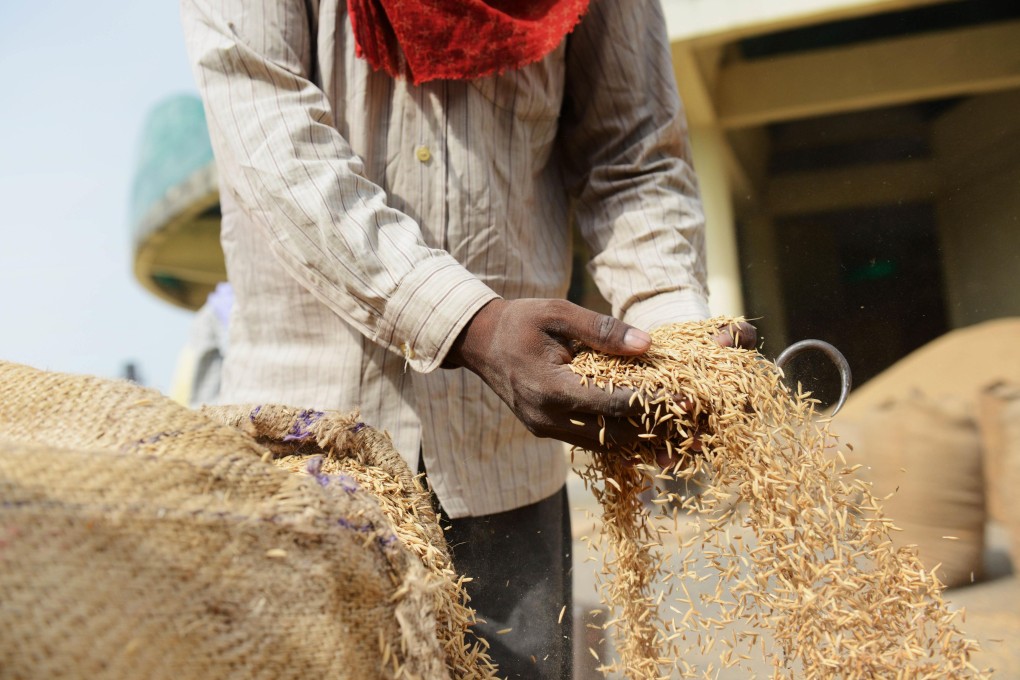India’s crisis within a crisis; finance minister fights on two fronts

Late last month, with their doors shut to the mounting market panic outside as investors fled the country, India’s cabinet ministers gathered to give final approval to a cheap food scheme for the poor.
It was hardly a difficult decision for a government that needs to shore up its sagging popularity before elections due by next May. But officials familiar with the discussion say there was one dissenting voice over what is now destined to become one of the world’s largest welfare programmes.
Finance Minister P. Chidambaram, already struggling to convince doubters that he will keep the country’s hefty fiscal deficit under control, made a last-minute attempt to trim the huge cost of the plan, estimated at about US$20 billion a year.
Chidambaram’s ultimate failure to win colleagues around - despite his famed eloquence - is emblematic of the predicament he faces: he must stop investors heading for the hills as economic growth skids to its slowest pace in a decade, but he is surrounded by politicians who haven’t grasped that there is a crisis at hand and want to spend their way to the ballot box.
In many ways, Chidambaram has been grappling virtually alone with India’s economic emergency since he became finance minister for a third time 13 months ago.
Cabinet colleagues, wayward allies of the ruling coalition and an obstructive opposition have together stood in the way of bold steps that might have averted this year’s collapse of confidence in the India story.
It is a crisis within a crisis.
